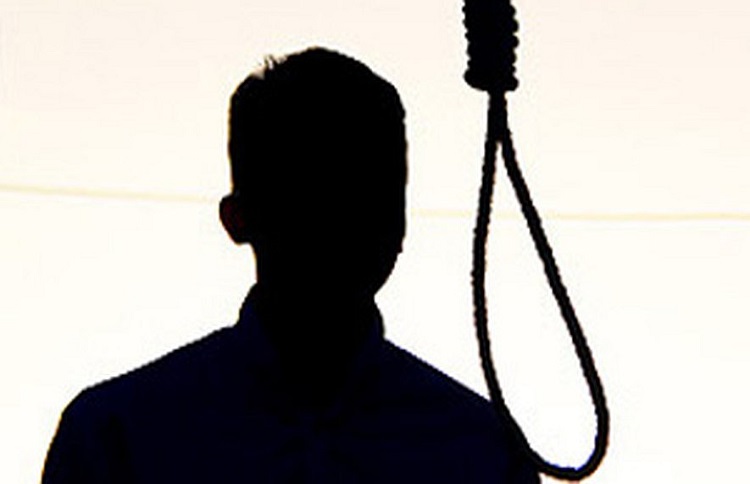
By Pooya Stone
Javaid Rehman says 7 minors were put to death last year and 2 so far this year; killings come despite human rights law prohibiting the death penalty for anyone under the age of 18
Iran executed seven child offenders last year and two so far this year even though human rights law prohibits the death penalty for anyone under age 18, a UN independent human rights expert said Wednesday.
Javaid Rehman also told the U.N. General Assembly’s human rights committee that he has “credible information” there are at least 90 child offenders currently on death row in Iran.
UN Should Investigate 1988 Iran Mass Executions
Thousands of political prisoners, mostly members of the #PMOI or #MEK, were missed or killed in the 1988 massacre@UN @JavaidRehman @iran_policy#TruthAndJusticeNow #Iranhttps://t.co/kFoTzfP68z … pic.twitter.com/Ln6cNnTer9— Iran Freedom-En (@4freedominiran2) December 5, 2018
Rehman, the U.N. special rapporteur on the situation of human rights in Iran, expressed deep concern at the overall use of the death penalty in the Islamic Republic, saying its execution rate “remains one of the highest in the world”. So far in 2019, he said, “conservative estimates indicate that at least 173 executions have been carried out.”
Those calling for respect of human rights “have been intimidated, harassed, arrested and detained”, Rehman said.
“Between September 2018 and July 2019, at least eight prominent lawyers were arrested for defending political prisoners and human rights defenders, many of whom have received lengthy sentences”, he said.
In addition, he said, protesters calling for better protection of labor rights at the Haft Tappeh sugar mill have been arrested on national security-related charges, including seven individuals recently sentenced to between six and 19 years in prison, though the head of the judiciary ordered a review of the sentences.
At least 32 people have been arrested since January 2018 for protesting compulsory veiling laws, the majority of them women who in many cases have faced harsher sentences than their male counterparts, he said. He said cultural workers and artists are “reportedly being subjected to arrest and detention for their work.”
Rehman said ethnic and religious minorities are disproportionately represented in Iran’s executions on national security-related charges and among its political prisoners.
“They are subject to arbitrary arrests and detention for their participation in a range of peaceful activities such as advocacy for the use of minority languages, for organizing or taking part in peaceful protests, and for affiliation with opposition parties,” he said.
Only three religious minorities are recognized in Iran’s constitution — Christians, Jews, and Zoroastrians, Rehman said. He urged that the constitution be amended to allow all religious minorities and those who don’t hold any religious beliefs “to fully enjoy their rights.”


